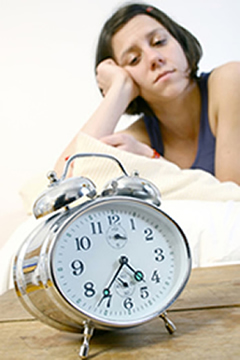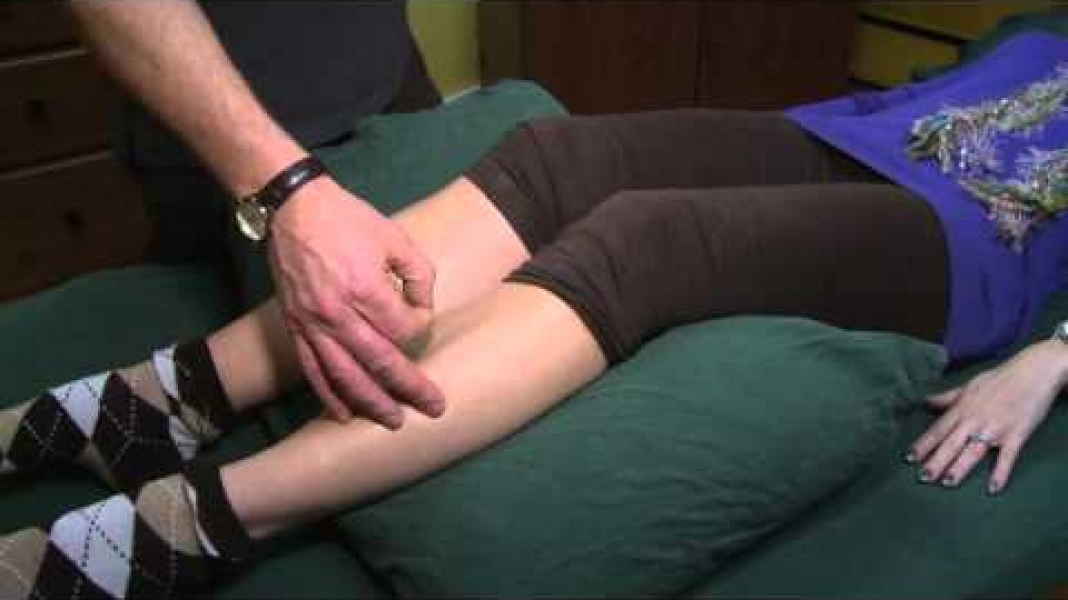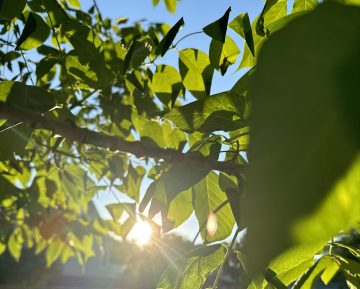 Acupuncture is commonly used to treat insomnia and other stress-related conditions
Acupuncture is commonly used to treat insomnia and other stress-related conditions
By Gord Grant, PhD, RAc
Acupuncture is commonly used to treat insomnia and many other stress-related conditions. I have helped many clients break the vicious cycle of insomnia through a few acupuncture sessions. Mechanistically, it make sense that acupuncture could help with insomnia, since it works in part by quietening down (deactivating) the “stress-reaction” part of the brain (the amygdala).
Reviews are important in medical research since they help doctors (and patients alike!) make better choices in treating medical problems. These reviews, or “meta-analysis statistical procedures”, pool research data from many separate clinical experiments. This means that treatment results can be analyzed wither larger numbers of patients, and the subsequent conclusions are often more trustworthy and meaningful. However, the power of pooling research is often lost when the individual research studies are not done in a coordinated and systematic fashion. This is particularly the case with acupuncture, since there are so many philosophies and schools of thought of how a given problem should be treated. In the most rigorous reviews, most of the acupuncture clinical research experiments do not qualify to be included in the analysis.
Acupuncture is worth a try for solving sleep problems
In 2009, a group led by Dr. Cao, M.D. of the Centre for Evidence-Based Chinese Medicine in Beijing, China, published a comprehensive review of the scientific literature regarding acupuncture and insomnia. They reviewed all published research in the area, and included 46 randomized controlled trials (RCTs) of acupuncture compared with no treatment, placebo, or basic medical therapy representing 3811 patients with insomnia. They concluded that “Acupuncture appears to be effective in treatment of insomnia, although further large, rigorous designed trials are warranted to better determine the extent of the effect. Beneficial effects were seen with acupuncture compared with no treatment, real acupressure compared with sham acupressure….Acupuncture plus medications showed better effect than medications alone on total sleep duration….There were no serious adverse effects with related to acupuncture treatment in the included trials.”
Another group lead by Dr. Cheuk, Ph.D., of the University of Hong Kong, published a Cochrane Review in 2010, and did a similar review, but used significantly more stringent research quality criteria for including research and only looked at studies published in English. Cochrane reviews are considered the “Gold Standard” reviews of clinical medicine. This is because they eliminate all but the most highly standardized and controlled studies from their analysis, and are very conservative with their conclusions. After their rigorous selection process of all the literature, only 7 research trials qualified to be included in their analysis, representing 590 patients with insomnia. They said it was difficult to reach any good conclusions since the different research projects couldn’t be compared well. The types of patients were very different, and the acupuncture treatments varied as did the ways of measuring baselines and changes in insomnia before and after treatment. Regardless, although they insisted more rigorous controls were needed to make future larger studies comparable so statistically significant conclusions could be drawn, they concluded the findings to date from individual trials suggest that acupuncture and acupressure may help to improve sleep quality compared to placebo or no treatments.
Do you have insomnia? Try acupuncture out, especially for stress-induced insomnia.


 Acupuncture is commonly used to treat insomnia and other stress-related conditions
Acupuncture is commonly used to treat insomnia and other stress-related conditions

